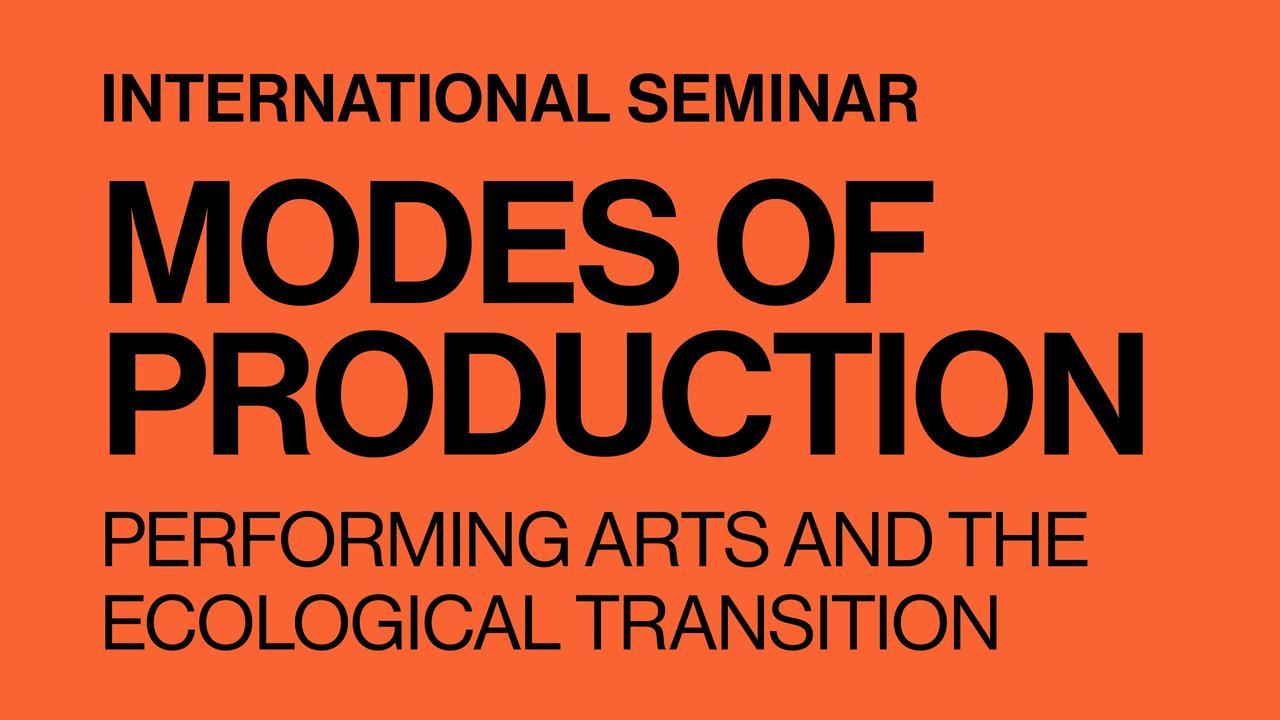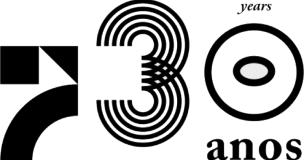Modes of Production: Performing Arts and the Ecological Transition

[PT]
Modos de Produzir – As Artes Performativas e a Transição Ecológica é um seminário internacional dedicado à intersecção crítica entre a criação artística, as instituições culturais e a emergência ecológica. Ao longo de dois dias, propõe-se juntar uma comunidade de investigadores, artistas e agentes culturais em apresentações e debates envolvendo todos os participantes. A língua oficial do evento é o inglês.
[EN]
Modes of Production – Performing Arts in Transition is a Research & Development platform that intercrosses the field of artistic studies with the hybrid field of arts management and creative production.
Based at the Centre for Interdisciplinary Studies of the University of Coimbra (CEIS20-UC), it is the result of a partnership with the Artistic Studies Programme at the Faculty of Arts and Humanities, the Post-Graduate Diploma in Cultural Management and Sustainability and the Teatro Académico de Gil Vicente (TAGV-UC). Its initiatives and studies are carried out in permanent and updated articulation with practitioners and institutions in the arts and cultural sector. It analyses the modes of production and management models of arts and cultural projects and organizations in the face of several contemporary transformations, namely those that are raised by the demands of fair practices and social and environmental sustainability. It hosts the scientific FCT-funded GREENARTS project, which pays attention to the implications of the ecological imperative upon the arts and culture.
After an encouraging launch in the end of 2021 – which resulted in an edited volume soon to be published by transcript - we are now organizing a second International Seminar, this time a face-to-face meeting in Coimbra: one and a half days with presentations, debates and performances. Modes of Production – Performing Arts and the Ecological Transition signals the culmination of the GREENARTS project and will thus present its main results and host a series of discussions fully dedicated to the critical junction between the arts, cultural policy, and the ecological emergency.





